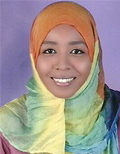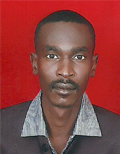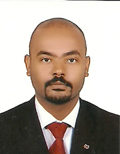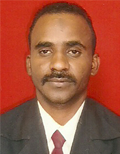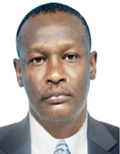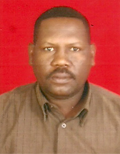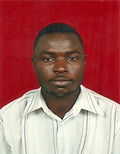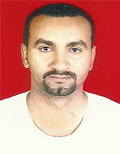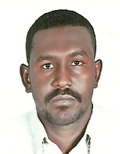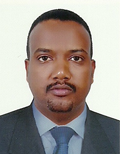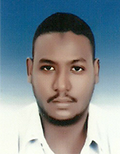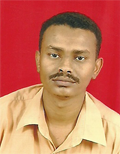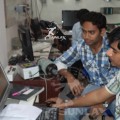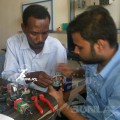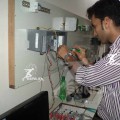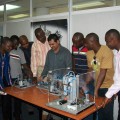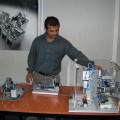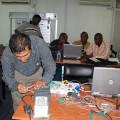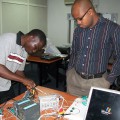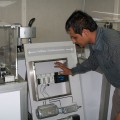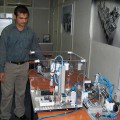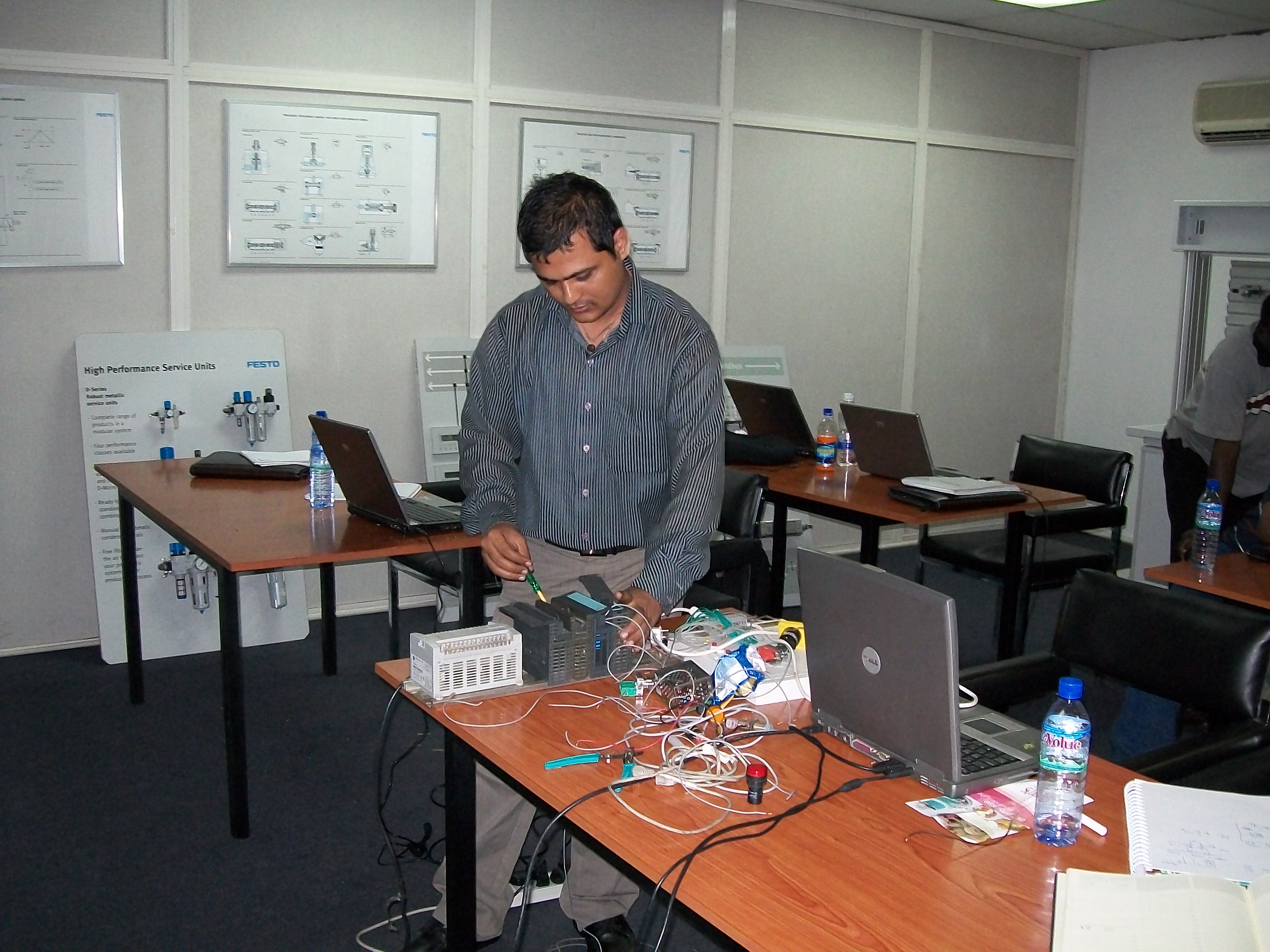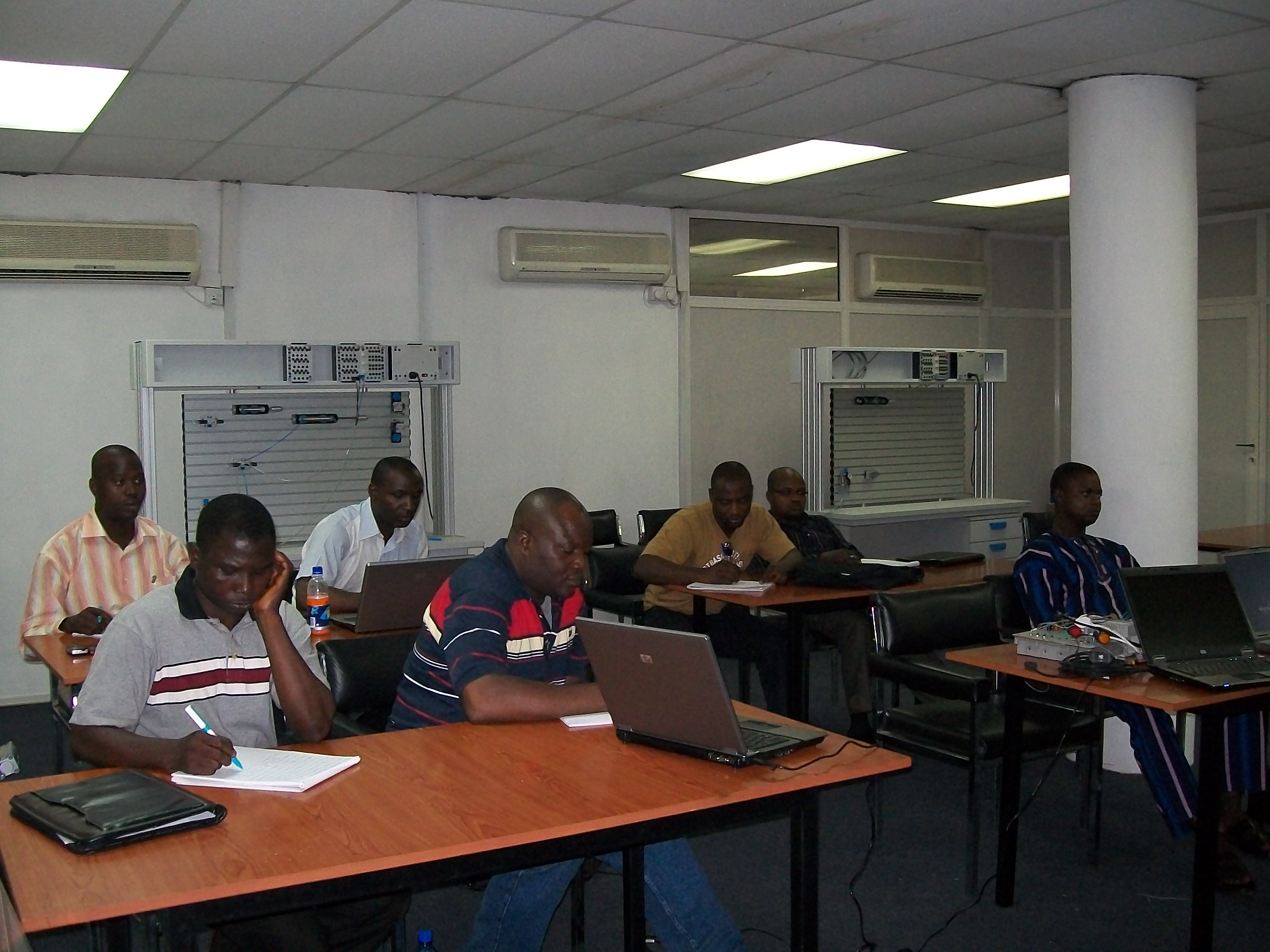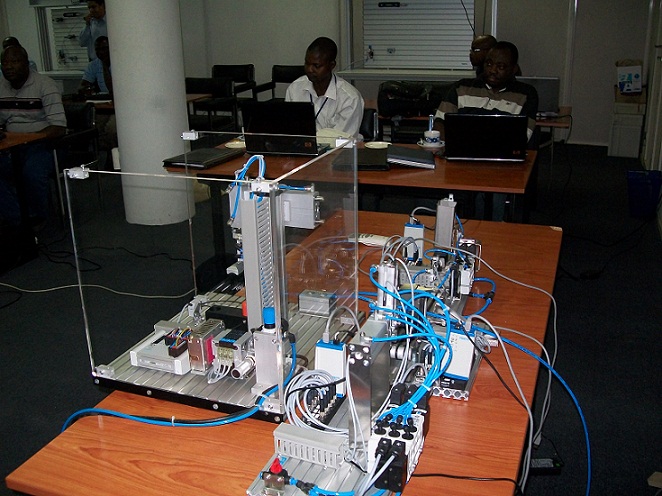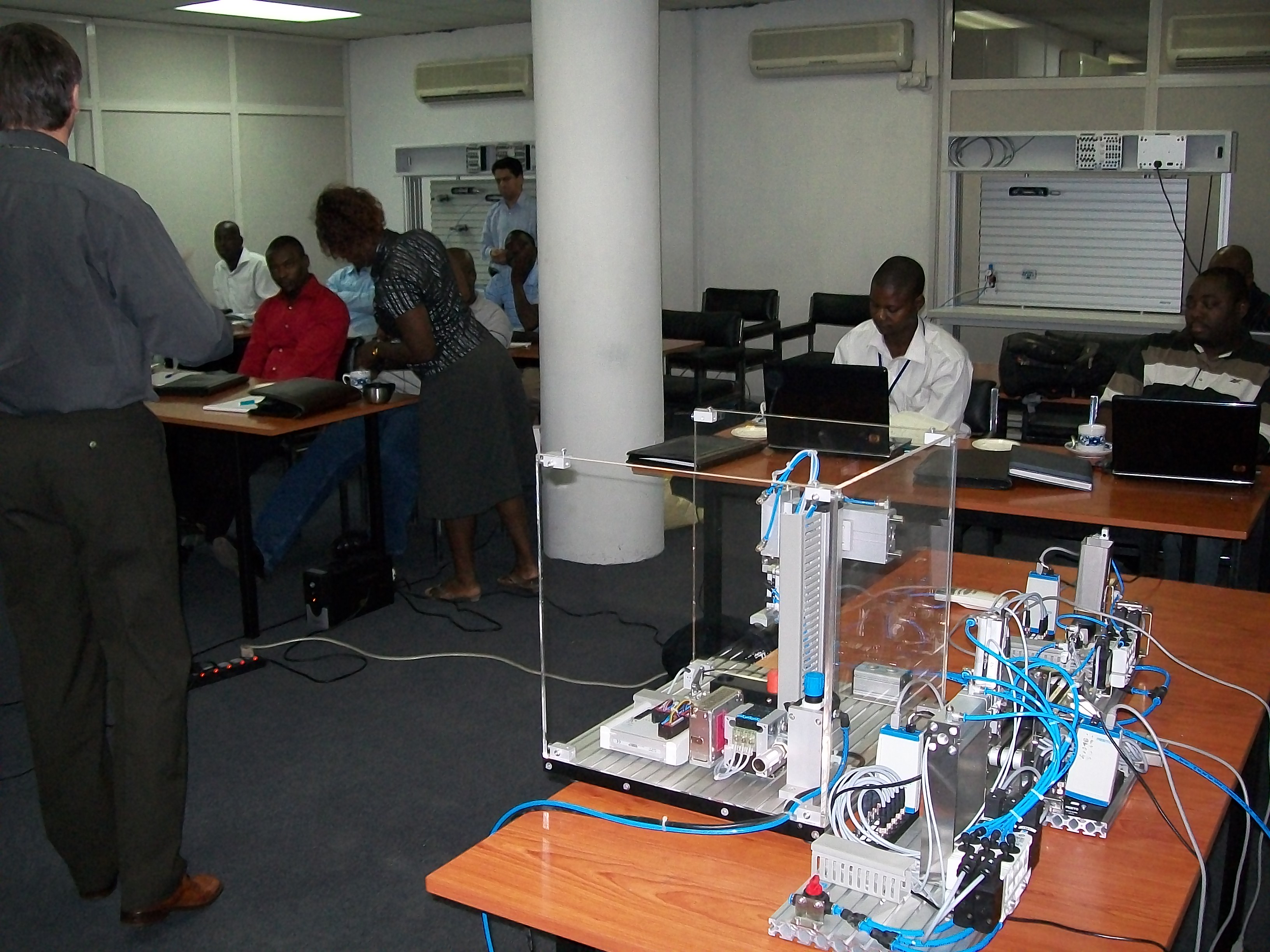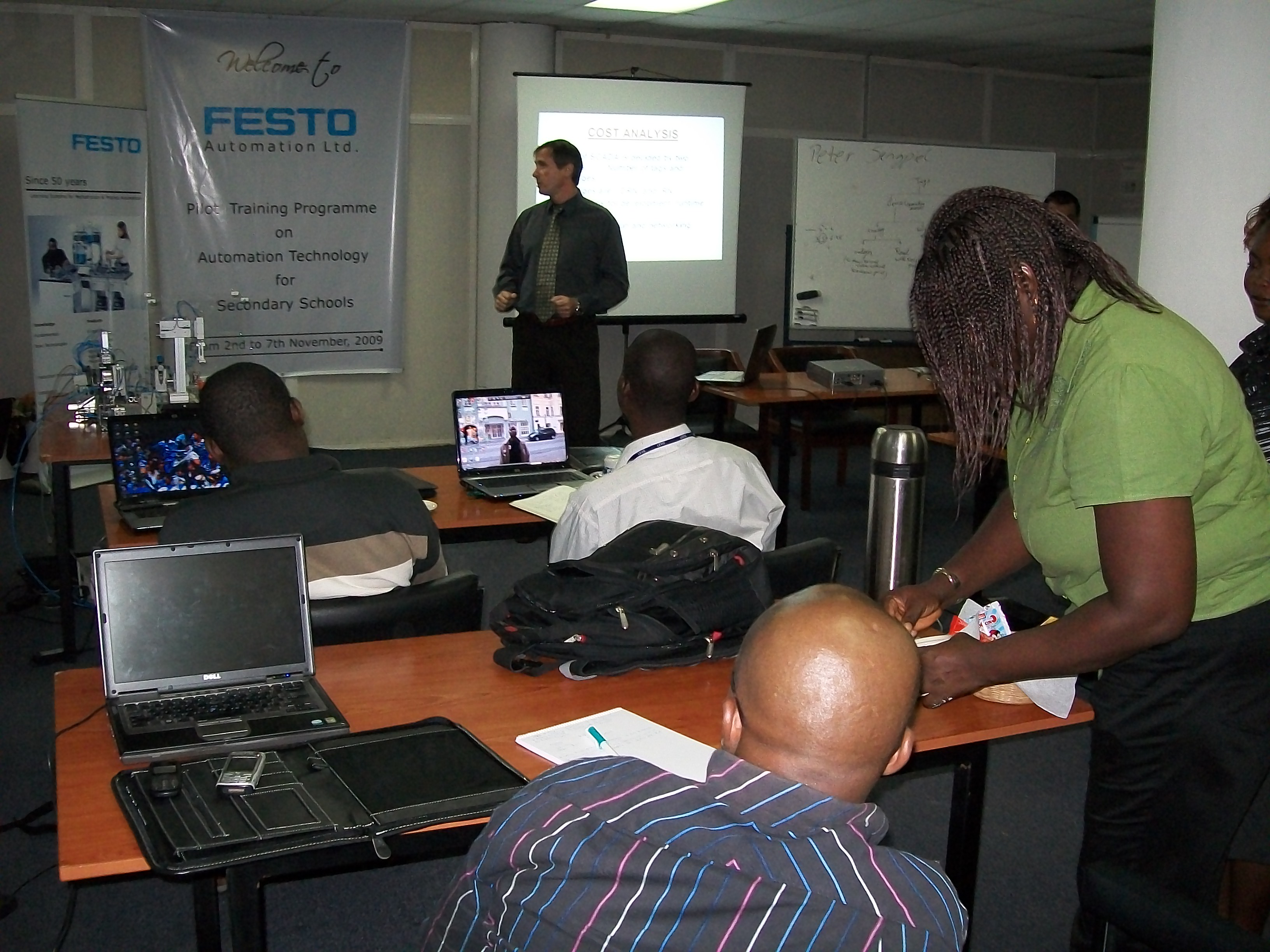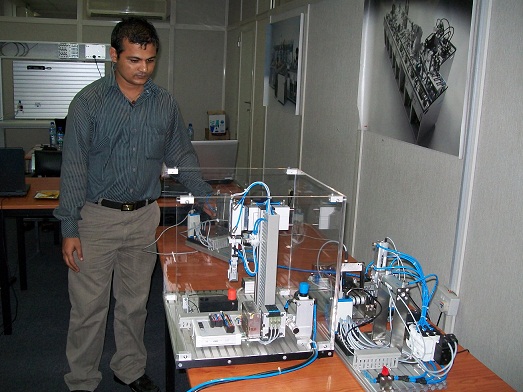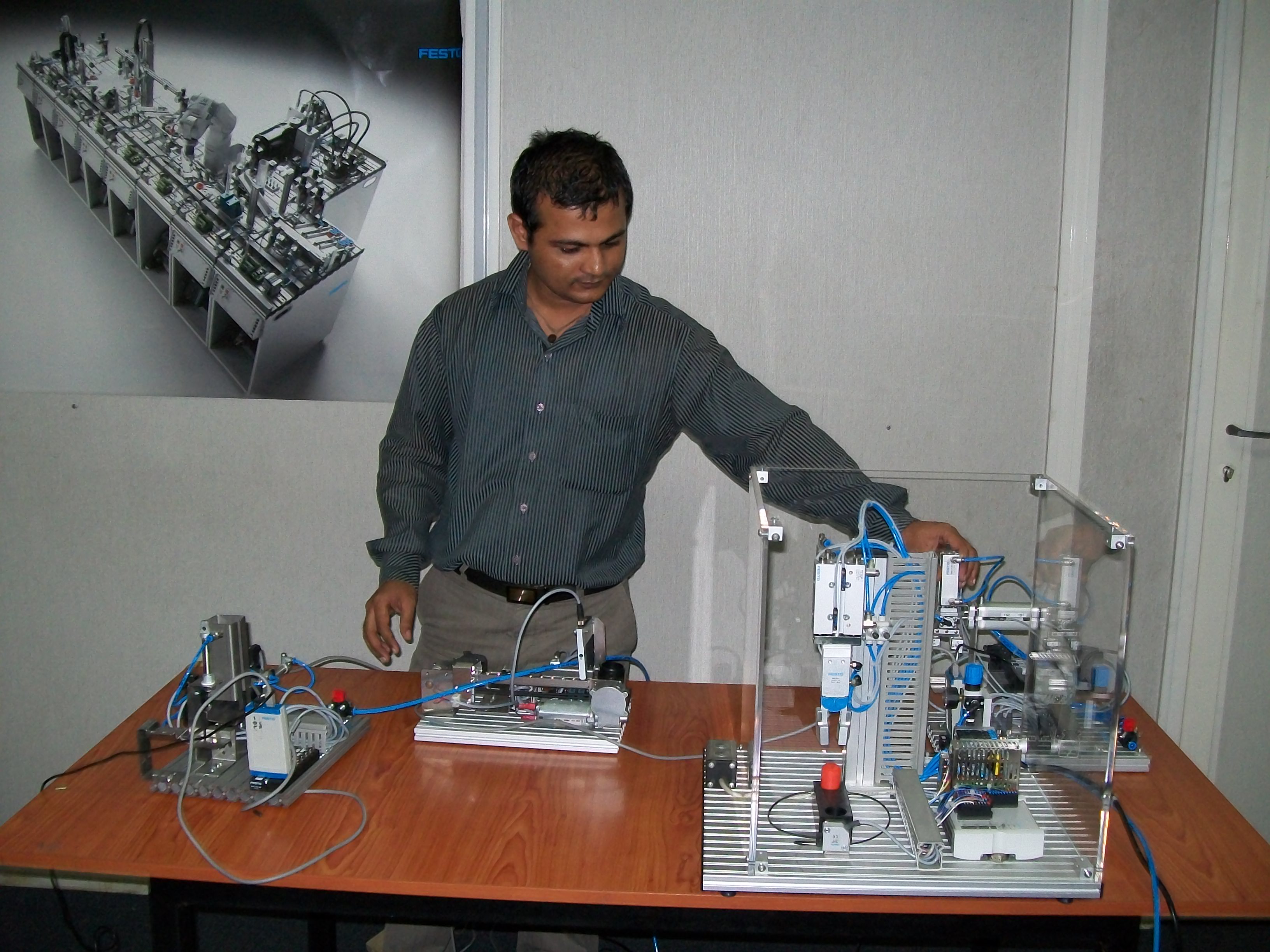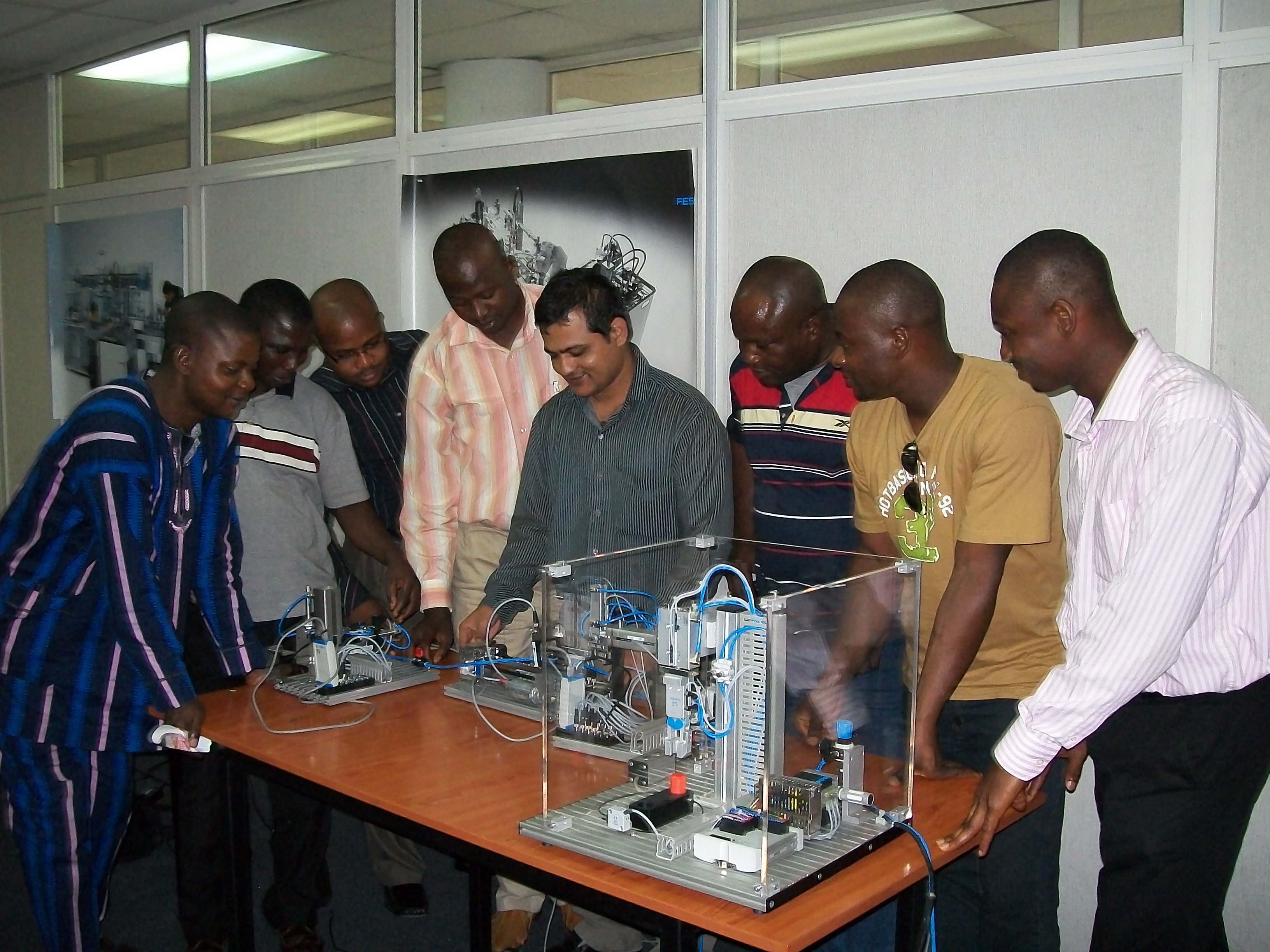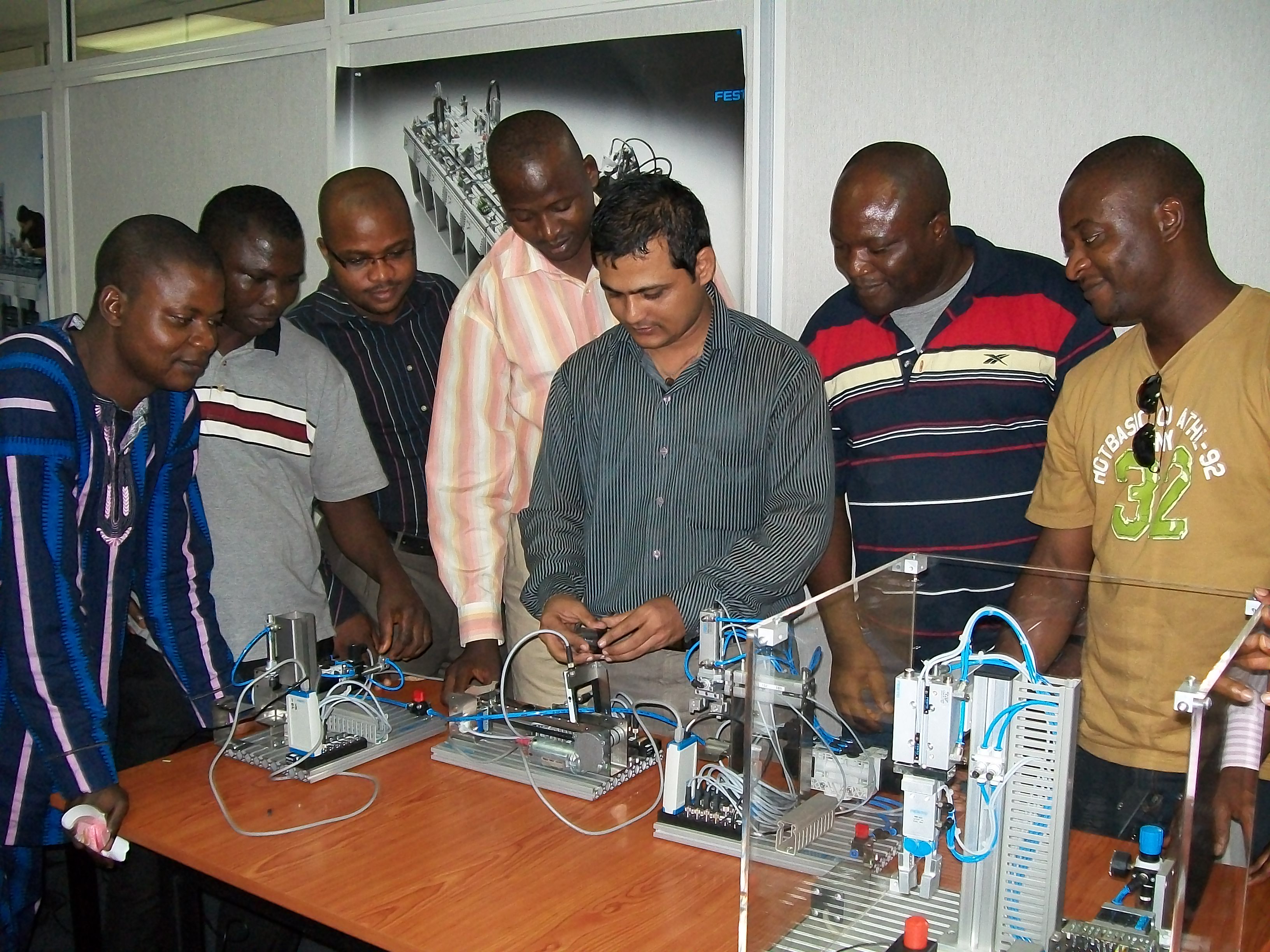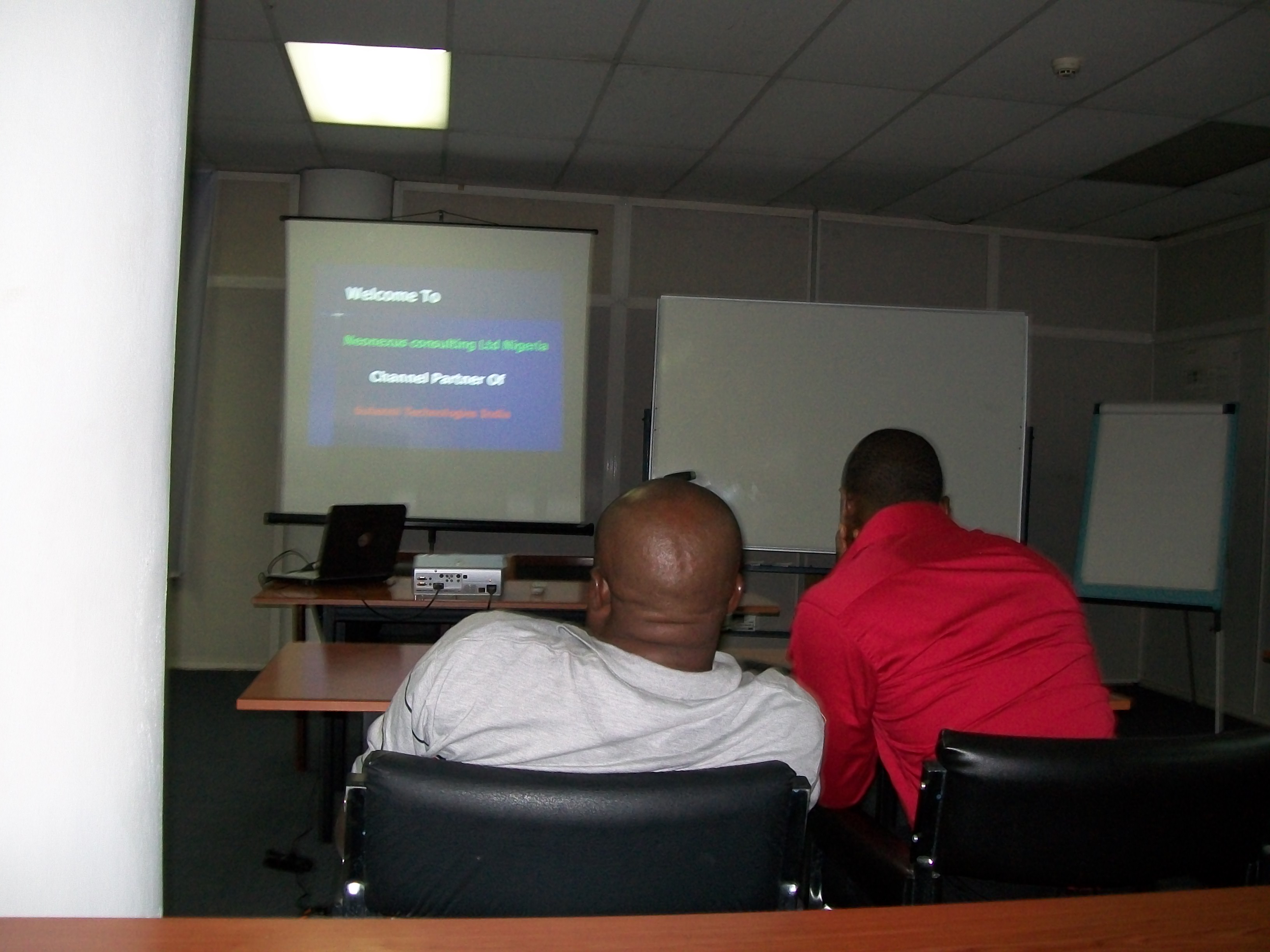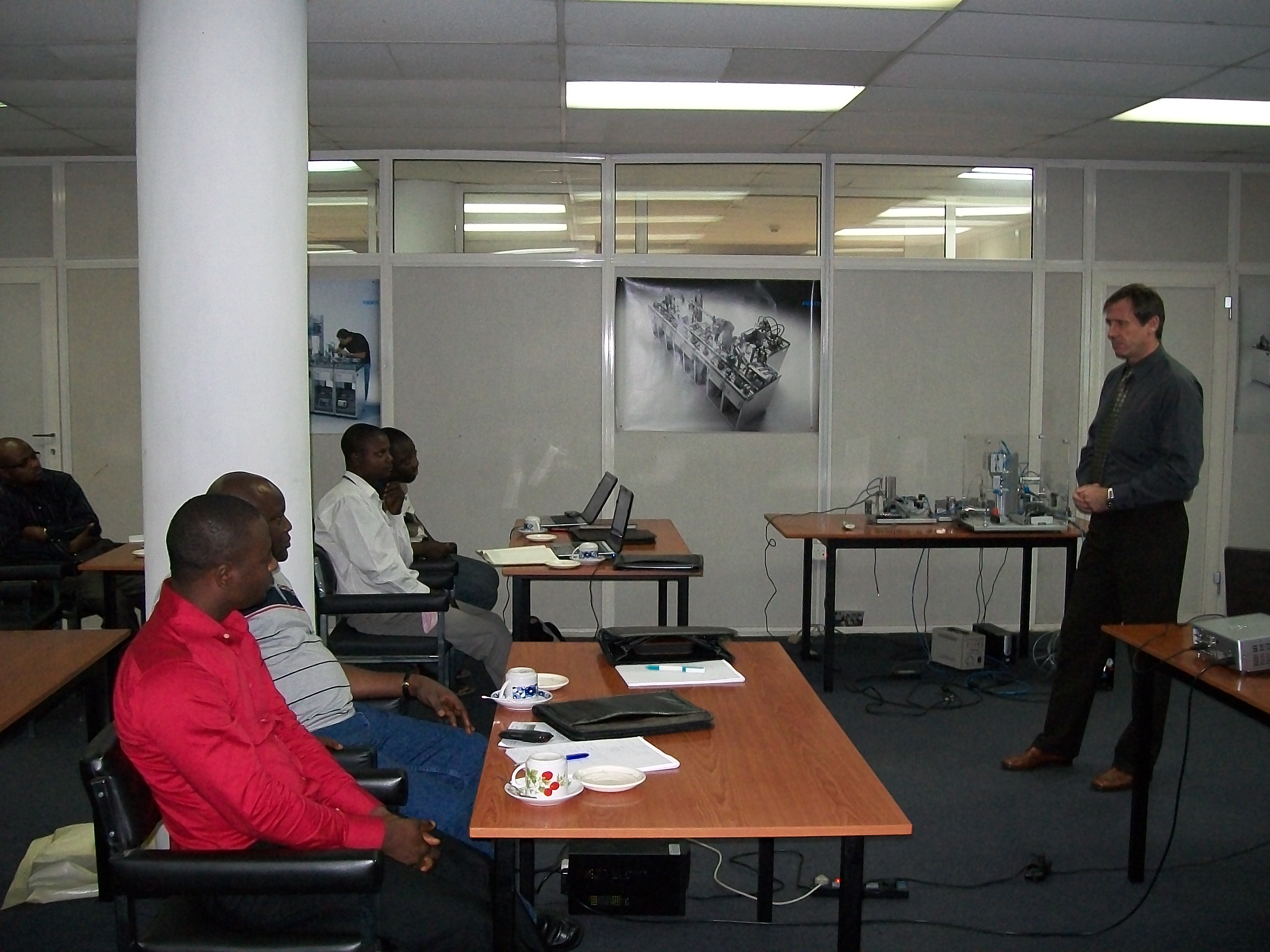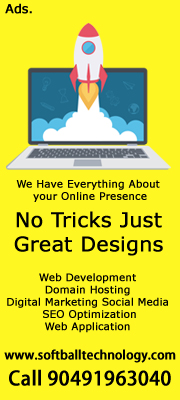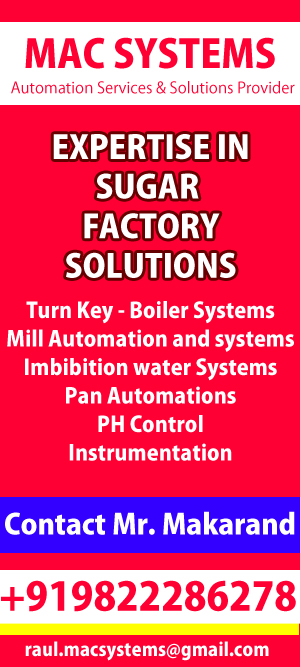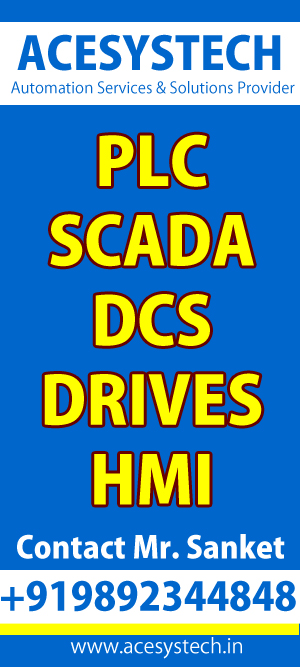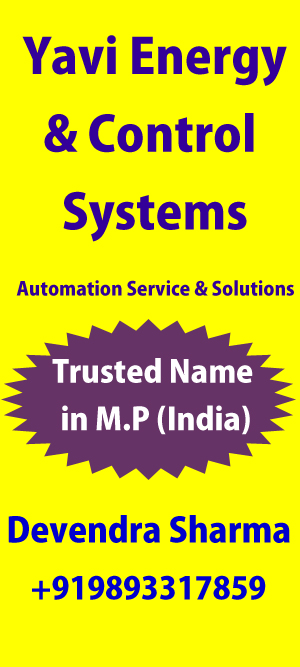

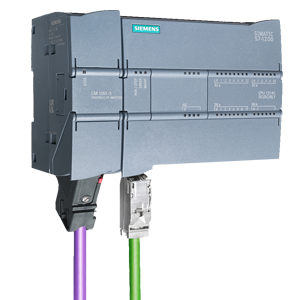

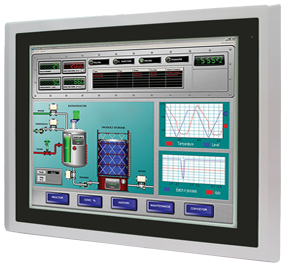
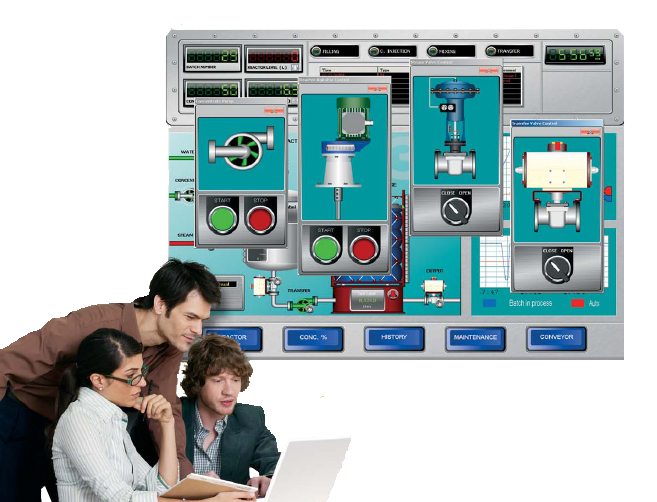

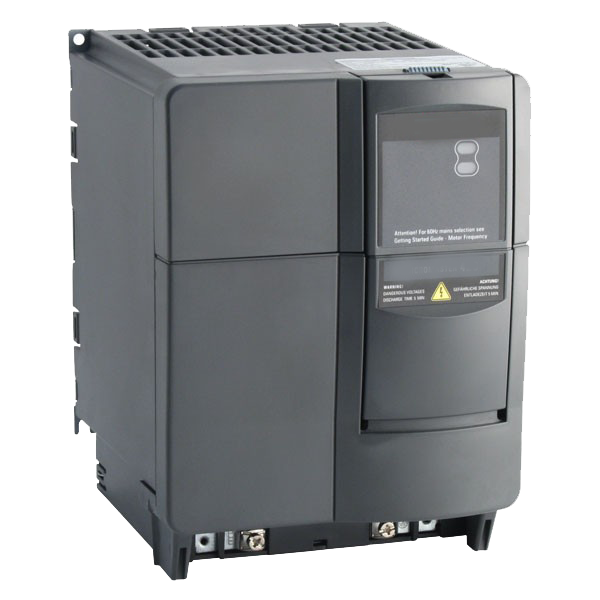
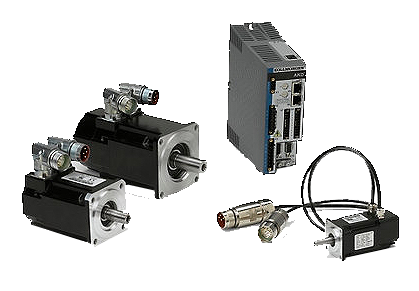
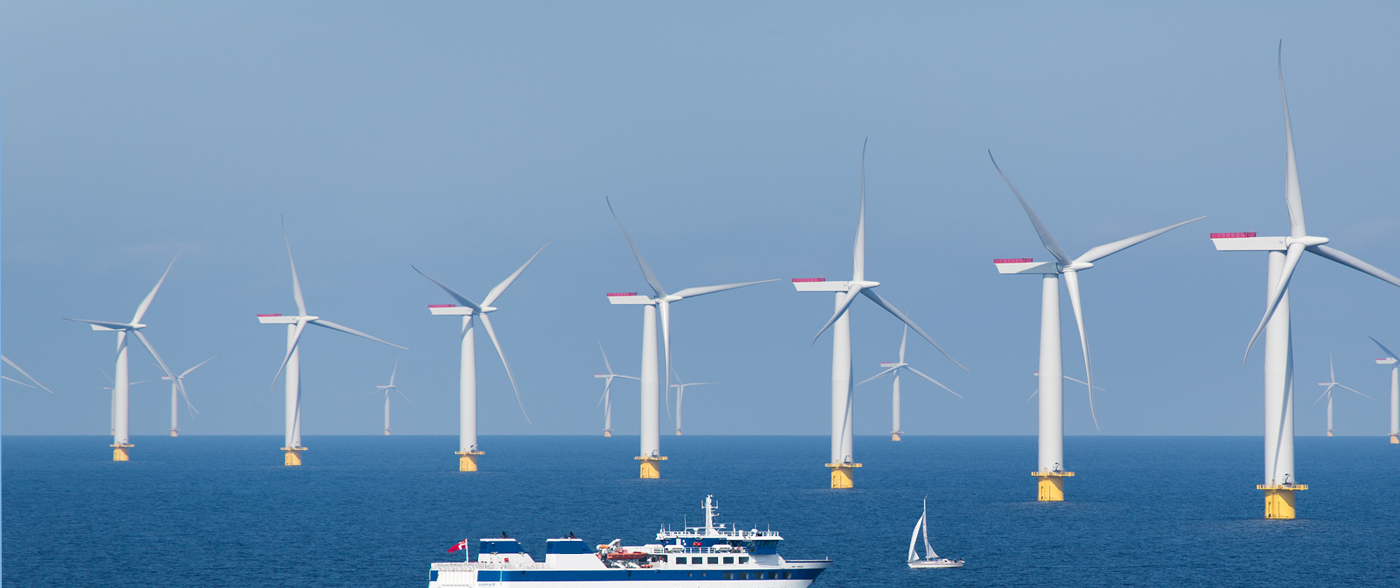
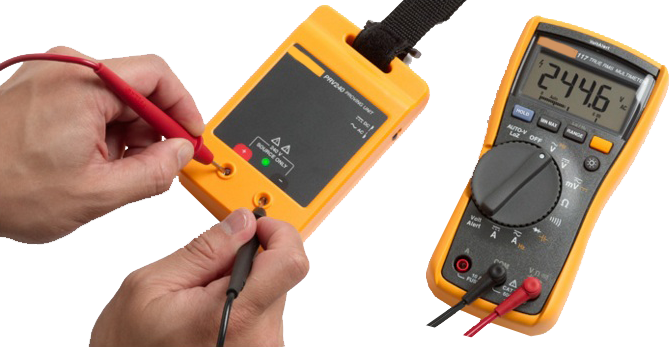
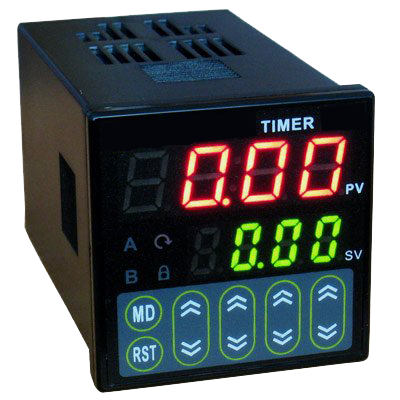
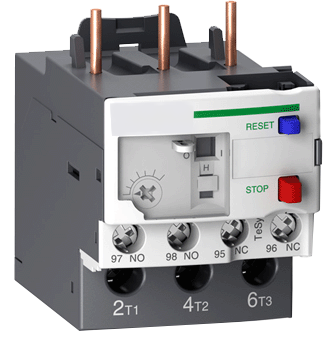
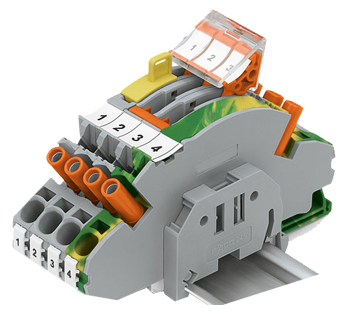
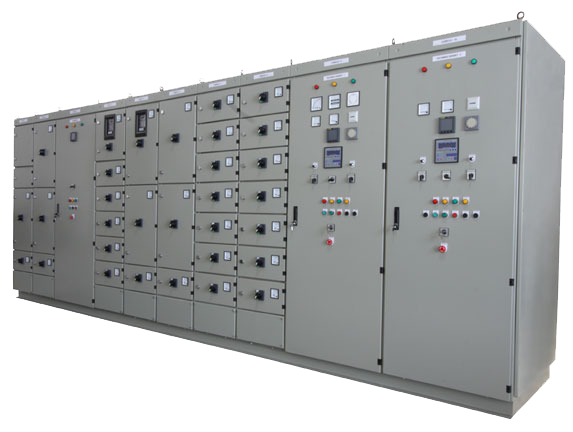

International Condidate
Industrial Instrumentation
Transmitters and Sensors
Kilowatt, Voltage,Transducers
Temperature Measurement
Flow Measurement
Pressure Measurement
Basic control concepts
PID controller behaviors
Troubleshooting and identifying problems
Level Measurement
Control valves, Smart Valves
Smart Transmitters
Closed & Open loop control
Instrumentation Calibration
Internal Model Control (IMC)
Model Predictive Control (MPC)
MPC representation, identification
Overview
This course is for engineers and technicians who need to have a practical knowledge of selection, installation and commissioning of industrial instrumentation. In many respects a clear understanding and application of these principles is the most important factor in an efficient process control system.
This course is for those individuals primarily involved in achieving effective results for the industrial processes they are responsible for. This would involve the design, specification and implementation of control and measurement equipment. The course focuses on real applications, with attention to special installation considerations and application limitations when selecting or installing different measurement or control equipment.
Copious programming techniques and troubleshooting are also covered. Various fault finding and correcting faults are explained in detail.
There are set assignments throughout focusing on the practical aspects of PLCs which are necessary for true design, configuration, implementation and maintenance to take place.
Course Outline
Module #01: Introduction, Basic Terms and Definitions
Basis measurement and control concepts
Basic performance terms and conditions
Advanced performance terms and conditions
Module #02: Diagrams and Numbering
P & ID symbols
Selection criteria
Typical applications
Module #03: Pressure Measurement
Principles of pressure measurement
Pressure sources
Mechanical transducers and elements
Electrical transducers and elements
Installation considerations
Impact on the overall control loop
Selection tables
Future pressure technologies
Module #04: Level Measurement
Principles of level measurement
Simple sight glasses and gauging rods
Buoyancy tape systems
Hydrostatic pressure
Ultrasonic measurement
Radar measurement
Vibration switches
Radiation measurement
Electrical measurement
Density measurement
Future level technologies
Module #05: Temperature Measurement
Principles of temperature measurement
Thermocouples
Resistance temperature detectors (RTDs)
Thermistors
Liquid-in-glass, filled and bimetallic
Non-contact pyrometers
Humidity
Installation considerations
Impact on the overall control loop
Selection tables
Future temperature technologies
Module #06: Flow and Mass Measurement
Principle of flow measurement
Differential pressure flow meters
Open channel flow measurement
Variable area flow meters
Oscillatory flow measurement
Magnetic flow meters
Positive displacement
Ultrasonic flow measurement
Mass flow meters
Installation considerations
Impact on overall control loop
Selection tables
Module #07: Control Valves
Principles of control valves
Sliding stem valves
Rotary valves
Control valve selection and sizing
Control valve characteristics / trim
Control valve noise and cavitation
Actuators and positioners
Valve bench set and stroking
Impact on overall control loop
Selection tables
Future technologies
Module #08: Basic Control Philosophies
Open loops
Closed loops
Feed forward and ration control
Feedback control
Overview of different tuning rules available
Cascade control
Good practice in troubleshooting
Adaptive and self tuning controllers
Module #09: Integration of the System, Modern Trends and Other Process Considerations
Calculation of individual instruments and total error for the system
Selection considerations
Testing and commissioning of subsystems
RS 232, RS 422, RS 423, RS 485, etc.
Fiber optic cables
New smart instruments and fieldbus
Noise and earthing considerations
Materials of construction
Module #10: Specialized Controller Settings and Good Practice: Ideal PID Vs Real PID
Non-field-interactive or ideal PID
Field-interactive or real PID
Selection of ideal or real PID
Choice of saturated vs non-saturated output limits
Module #11: Good Practice for Tuning Of Closed Loop Control
Good practice for common loop problems
Flow control loop characteristics
Level control loop characteristics
Temperature control loop characteristics
Pressure control loop characteristics
Other less common loops
Module #12: Loop Tuning Principles and Stability: Cascade Control
Equation types for cascade control
Initialization and PV-tracking
Use of multiple outputs in cascade control
Tuning procedure for cascade control
Module #13: Expert Systems and Model Based Self Tuning Controllers
Self tuning loops
Adaptive control
Fuzzy logic control
Gain scheduling
Justification of Advanced Control
Classical control vs Advanced
Advanced on-line control vs statistical process control
Comparison of pay back time on real examples
Internal Model Control (imc)
Open loop model in parallel with the process
Control system in two blocks
Equivalence with a classical controller
Disturbances rejection and control
IMC and delays and feed forward control
Anyone who wants to gain solid knowledge of the key elements of industrial automation to improve their work skills and to further their job prospects:
Electronics & Telecommunication Engineers
Electrical Engineers
Chemical Engineers
Mechanical Engineers
Instrumentation Engineers
Electricians
Maintenance Engineers and Supervisors
Energy Management Consultants
Automation and Process Engineers
Design Engineers
Project Managers
OEMs
System Integrators
Instrument Fitters, Technicians and Instrumentation Engineers
Consulting Engineers
Production Managers
Machine Operators
Instrument and Process Control Technicians
Even those who are highly experienced in industrial automation may find it useful to gain know-how in a very concentrated but practical format
Certified Automation Engineer (CAE)
Certified Automation Professional (CAP)
Certified Automation Technician (CAT)
Professional Course in PLC & SCADA Programming
Professional Course in PLC & SCADA Programming,Installation and Maintenance (For OEM)
Professional Course in Factory Automation (Programming,Installation and Maintenance of Automation Devices )
Professional Course in Electrical and Process Instrumentation
Programmable Logic Controllers (PLC)
Supervisory Control And Data Aquisition (SCADA)
AC/DC drives
Human Machine Interface HMI/MMI
Distributed Control System (DCS)
Industrial Networking & Protocol Technologies
Plant Maintenance Engineering
Industrial Intrumentation Engineering
Electrical and Electronic Automation
Electrical Maintenance & Toubleshooting
Automation Project Design
Enrollment Now
Our Gallery
Advertisement
